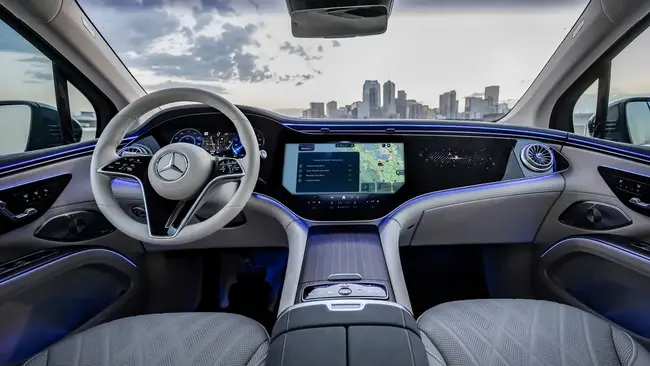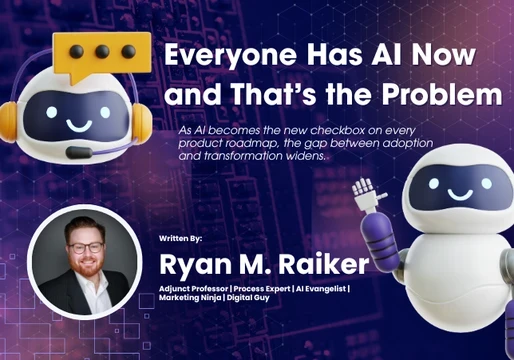Mercedes is bringing OpenAI's conversational AI agent, ChatGPT, to its MBUX infotainment system in the United States. This addition aims to enhance the car's conversational abilities, although the practical applications of this feature in a car environment are not entirely clear.

When will this be introduced?
Starting from 16th June, United States’ owners of Mercedes models with MBUX will have the option to participate in a beta program that activates ChatGPT functionality. By simply telling their car "Hey Mercedes, I want to join the beta program!..." they can access the capabilities of the versatile language model.
So, is it really worth it?
The purpose behind incorporating ChatGPT into a car's infotainment system is not entirely clear. A car inherently operates within a well-defined environment where driving, navigation, and controlling media and basic functions take precedence. While a voice interface can sometimes be the safest and most convenient option for these tasks, it remains uncertain how ChatGPT's capabilities align with the driving experience.
ChatGPT is specifically designed to engage in human-like conversations, seamlessly navigating back-and-forth exchanges on any topic and even generating new information to sustain the conversation. It can summarize and synthesize existing content, write or replicate code, or assist with creating wedding vows. However, the question arises whether any of these activities would be desirable or appropriate while driving, or even as a passenger.
The contrasting nature of a car's limited environment and ChatGPT's ability to simulate human conversation raises doubts about the practical utility of this integration. The primary focus should be on ensuring driver safety and minimizing distractions. While voice interfaces can enhance certain tasks, it remains to be seen how ChatGPT's expansive capabilities align with the specific needs and constraints of a car environment.
Mercedes describes the capabilities thusly:
Users will experience a voice assistant that not only accepts natural voice commands but can also conduct conversations. Soon, participants who ask the Voice Assistant for details about their destination, to suggest a new dinner recipe, or to answer a complex question, will receive a more comprehensive answer – while keeping their hands on the wheel and eyes on the road.
As usual, the advantages of this technology appear somewhat theoretical, and it is highly unlikely that any drivers specifically requested this capability. It is possible that Mercedes simply wants to relinquish the responsibility of managing its own voice interface service and delegate it to a third party.
If you’re worried about privacy, you should be. Although Mercedes loudly expresses its concern over user data, it’s clear that it retains and uses your conversations, it is a beta test, after all – learning what people use it for is kind of the point. And if you’re the private type, you probably don’t own a new Mercedes to begin with.







Comments ( 0 )